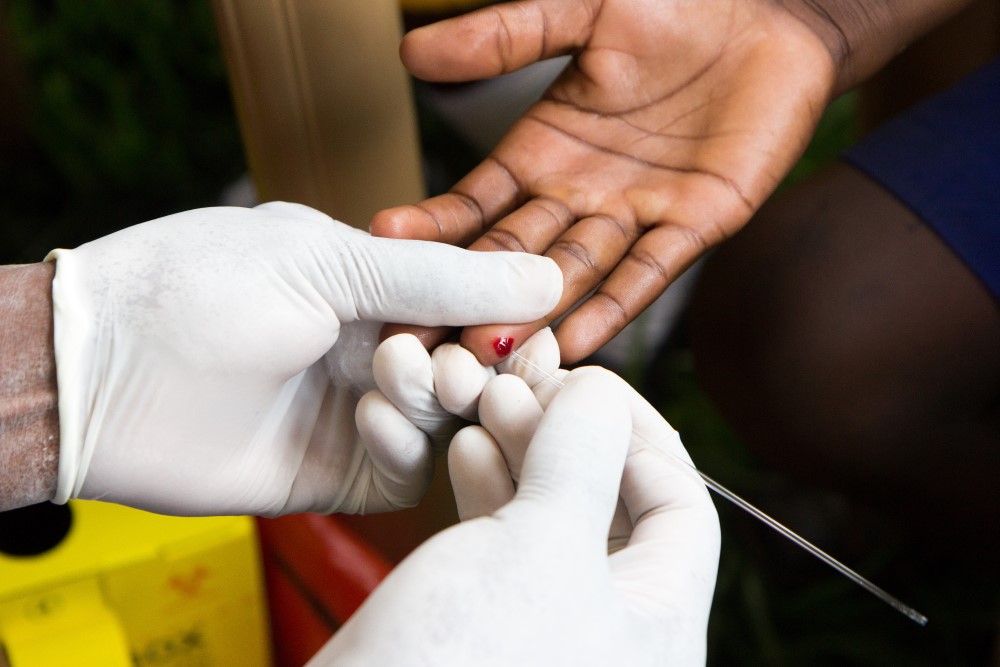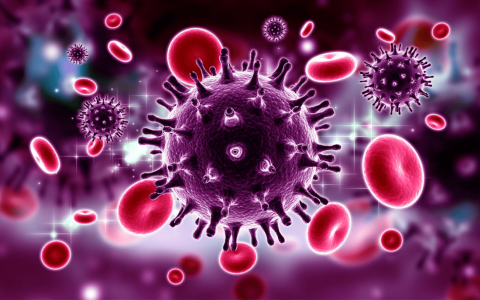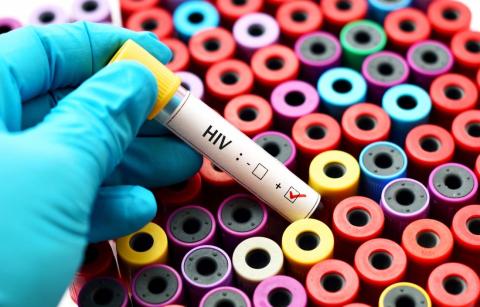Despite advances in treatment and care for adults, children living with HIV in regions such as sub-Saharan Africa face high mortality rates and limited access to effective therapies. This vulnerable group requires specific approaches that address both clinical and psychosocial needs. This day reminds us that the global response to this epidemic must include the very young, whose future depends on sustainable and innovative strategies.
Children living with HIV face significant barriers that set them apart from adults. One of the biggest challenges is late diagnosis, which limits opportunities for early intervention. In addition, opportunistic infections such as cytomegalovirus or prolonged respiratory infections are common in this population and increase the risk of serious complications.
In many settings, social stigma and lack of HIV education hinder access to testing and treatment, especially in rural communities.
Although significant advances have been made in treatment, children in sub-Saharan Africa remain disproportionately affected by HIV
The SUPPORT project, led by the Complutense University of Madrid, aims to reduce paediatric HIV mortality by training new research leaders in sub-Saharan Africa. The initiative covers five key countries: Mozambique, Uganda, Zambia, Zimbabwe and Senegal, selected for their high burden of paediatric infectious diseases and limited research capacity. These countries represent culturally and linguistically diverse communities, which reinforces the inclusiveness of the project. SUPPORT combines local capacity building with innovative tools.
Research staff training: a key strategy
SUPPORT focuses on training local researchers. The programme trains 13 fellows, eight in the early stages of their careers (pre-doctoral) and five in the intermediate stages (post-doctoral), through two modalities: network training and specialised practical training. Fellows are trained in core competencies such as clinical trials, epidemiology, ethics and statistical analysis. They also acquire transferable skills in leadership, project management and scientific communication, essential for their professional development.
They work directly on projects focused on priority issues, such as biomarker development, drug pharmacokinetics studies and the integration of artificial intelligence tools in paediatric care. This approach allows critical HIV issues to be addressed while strengthening local capacity. It also promotes diversity and inclusion by ensuring representation from different genders and communities, ensuring that solutions are relevant and actionable.
The aim is to create a sustainable network of African researchers capable of leading public health initiatives
The project explores advanced technologies to improve outcomes for children living with HIV. For example, it is developing a biomarker of severity to predict HIV-associated paediatric mortality, which will enable faster and more effective interventions. It is also evaluating artificial intelligence devices to detect respiratory failure at an early stage, a potentially life-saving breakthrough. In addition, it is studying how to optimise antiretroviral therapies through research on pharmacokinetics, ensuring that drugs are absorbed and distributed appropriately in children.
Long-term impact: a network of health leaders
The aim is to create a sustainable network of African researchers capable of leading public health initiatives. By empowering these professionals, the project not only addresses paediatric HIV, but also strengthens health systems to address future epidemics. Entrepreneurship is fostered by integrating small health-related businesses into the innovation process, promoting sustainable local solutions and contributing to regional economic development.
The future of children living with HIV depends on investment in education, research and international collaboration. Although significant progress has been made in treatment, children in sub-Saharan Africa remain disproportionately affected by HIV. With a collaborative approach and a commitment to innovation, it is possible to transform the paediatric HIV landscape. As SUPPORT Coordinator Pablo Rojo says, ‘By training a new generation of African researchers, we are building a future in which all children have the opportunity to live full and healthy lives, free from the devastating impact of HIV.



